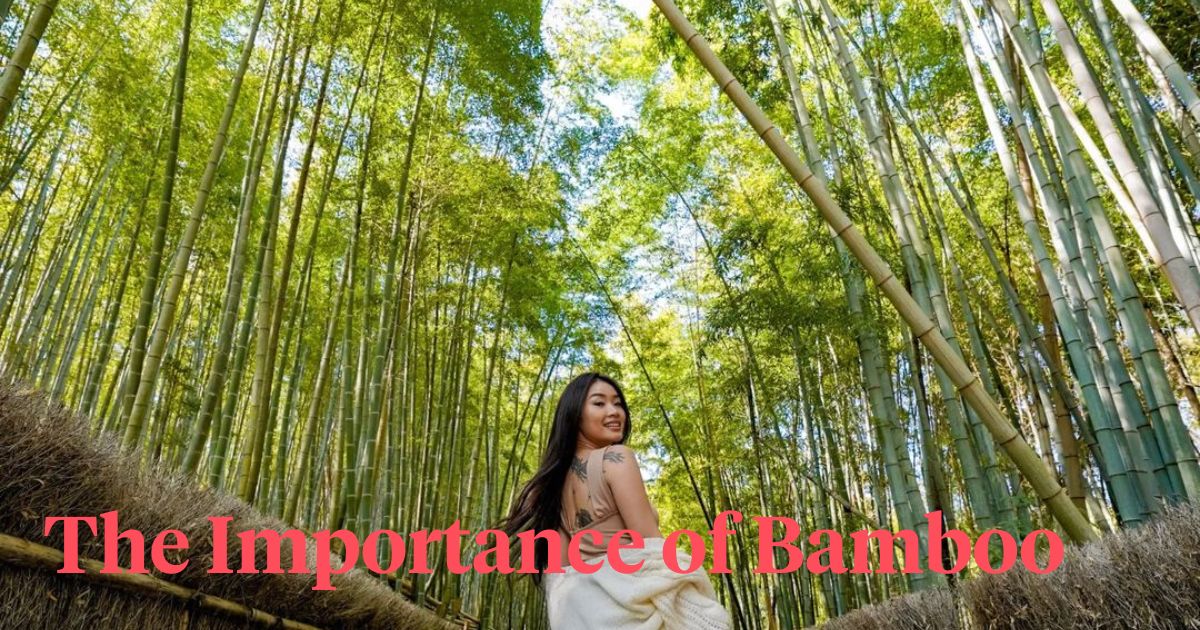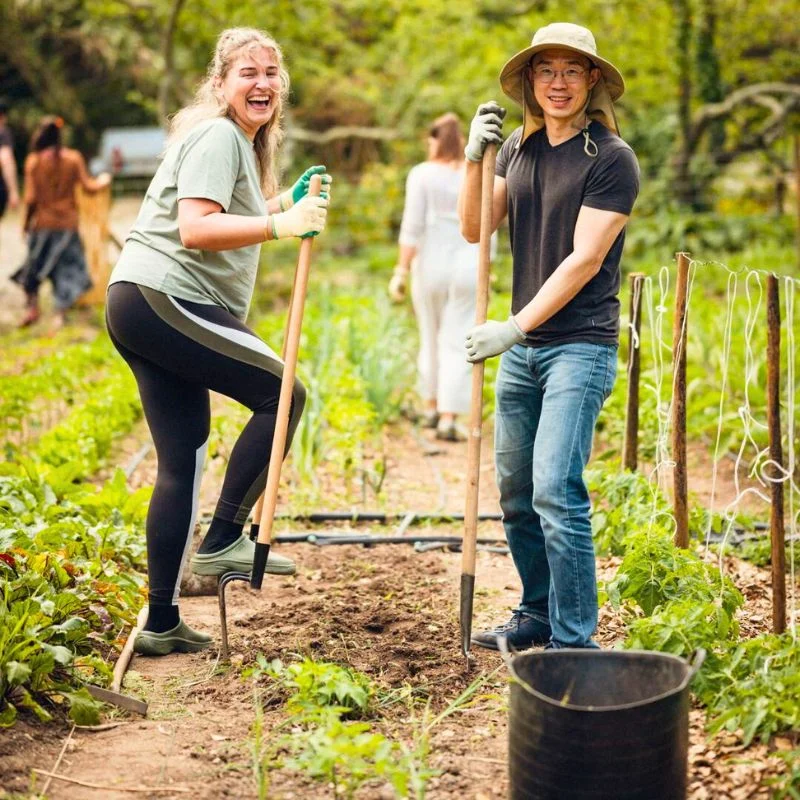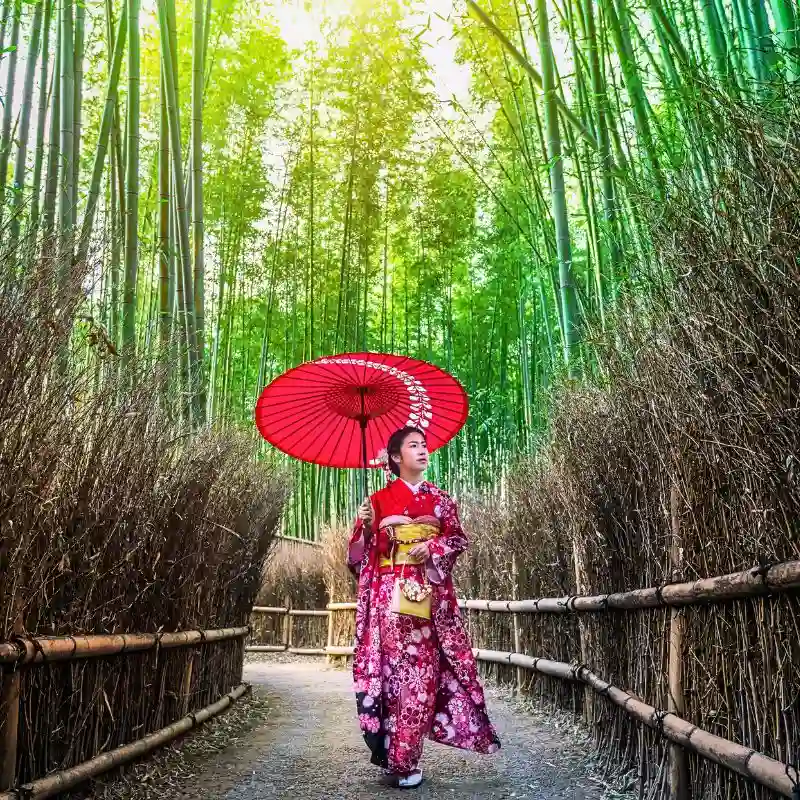World Bamboo Day is a day of celebration to increase global awareness of bamboo and its importance to the world. Bamboo has been a daily feature in areas where it grows naturally, but its use has not always been sustainable due to exploitation. Here is everything you must know about World Bamboo Day and why you should make a part of this day to help conserve bamboo worldwide.
September Marks the Start of World Bamboo Day
Every year, on the 18th of September, people around the world come together to celebrate Bamboo Day, a day dedicated to honoring and acknowledging the incredible significance of bamboo in our lives. This unique celebration sheds light on the rich history of bamboo, its unparalleled versatility, and the vital role it plays in sustainability and environmental conservation. Explore the history along with why it is celebrated, the importance of bamboo, and how people commemorate this day.

National Bamboo Day has its roots in India, where this plant has been an integral part of the culture and economy for centuries. The day was officially established in 2009 to commemorate the birthday of former Indian President Dr. A.P.J. Abdul Kalam, who was not only a renowned scientist but also an ardent advocate for bamboo cultivation and utilization. Dr. Kalam recognized the potential of the plant as a sustainable and eco-friendly resource, and his vision for promoting bamboo cultivation in India led to the inception of this special day.
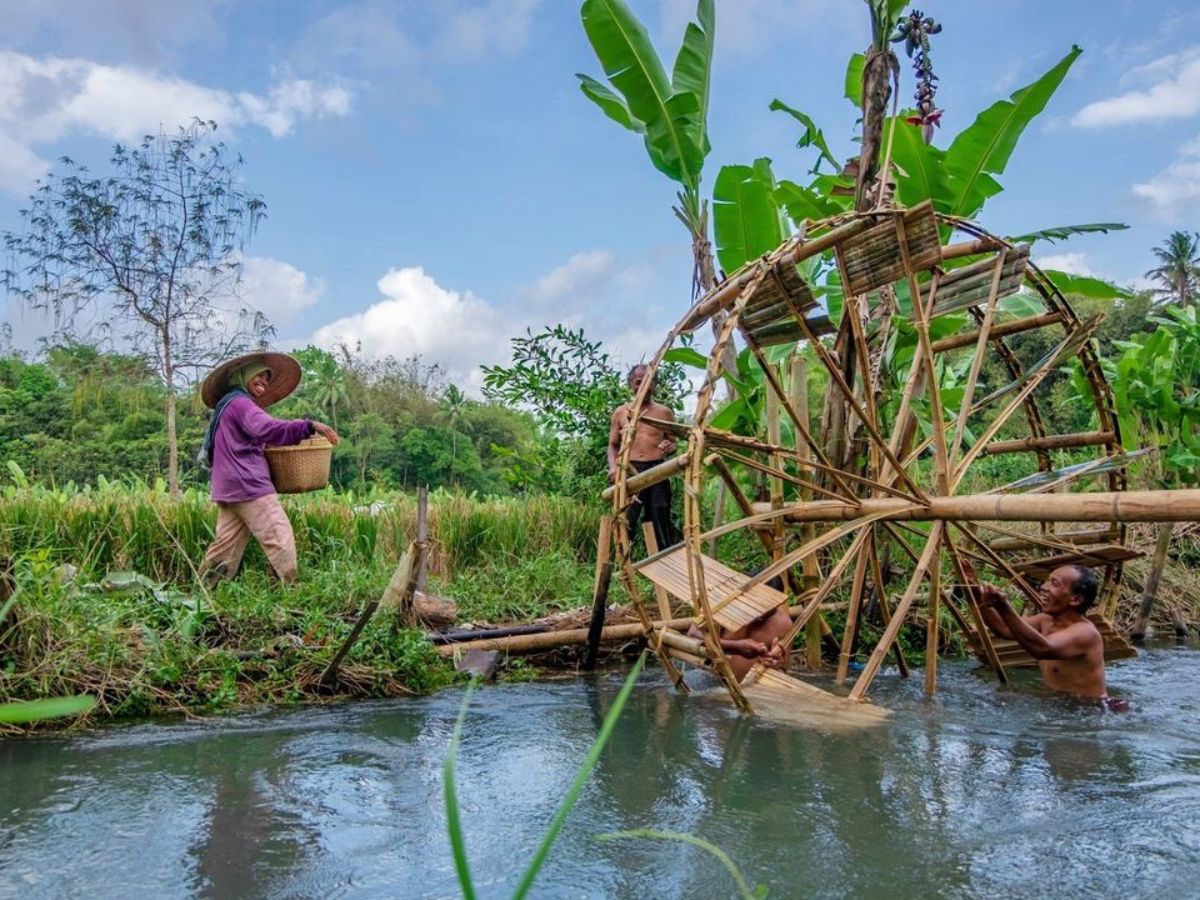
Why is World Bamboo Day Celebrated?
Promoting Bamboo as a sustainable resource is extremely important. World Bamboo Day serves as a platform to raise awareness about bamboo's sustainability as it is one of the fastest-growing plants on Earth, making it a highly renewable resource. Unlike hardwood trees, which can take decades to mature, bamboo can be harvested in just a few years, reducing pressure on natural forests.
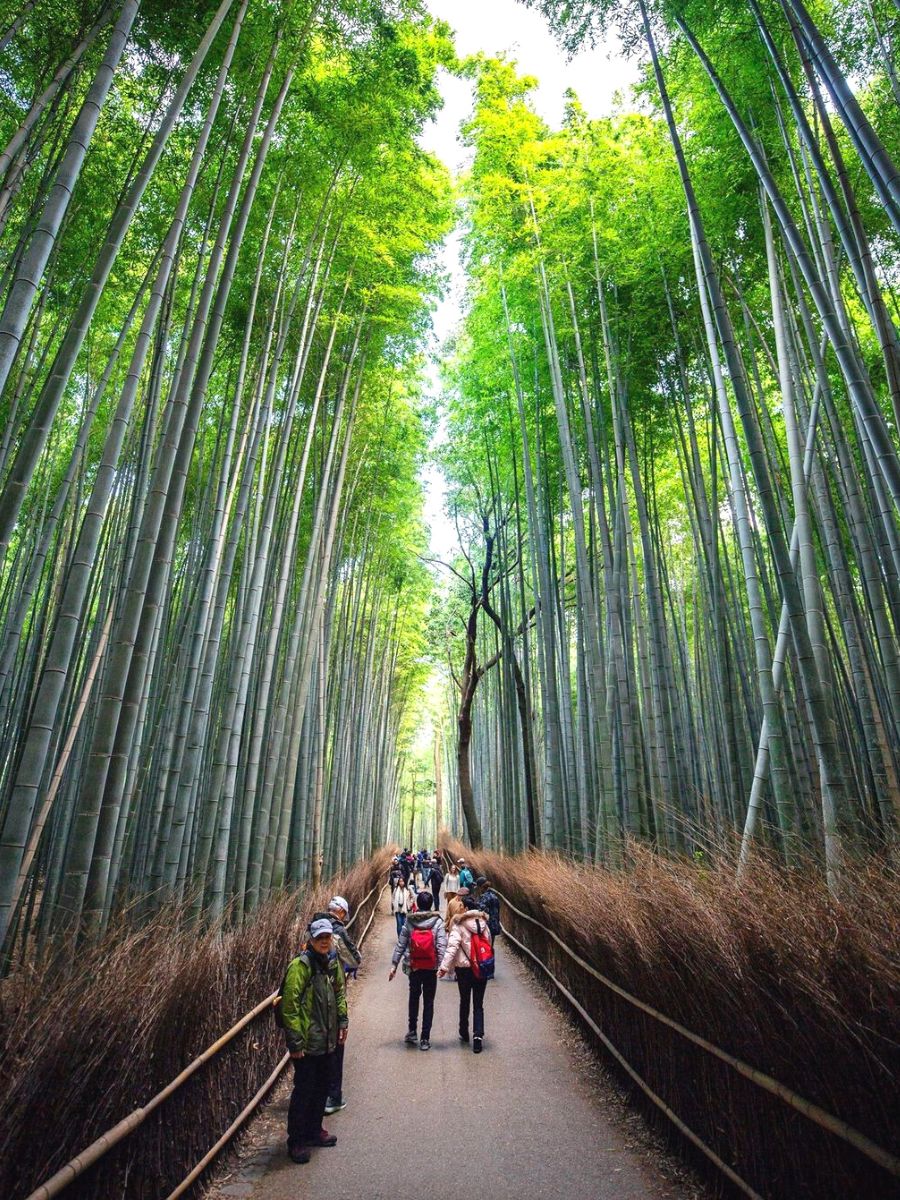
On the other hand, this fascinating plant is incredibly versatile and can be used for a wide range of purposes, including construction, furniture, paper, textiles, and even food. This day celebrates the never-ending ways in which bamboo enriches our lives and encourages innovation in utilizing bamboo in various industries. Not to mention bamboo plays a crucial role in environmental conservation. Its extensive root system helps prevent soil erosion, and bamboo forests act as carbon sinks, absorbing more carbon dioxide than many other plants. Celebrating this day highlights the importance of preserving and expanding bamboo forests to combat climate change.
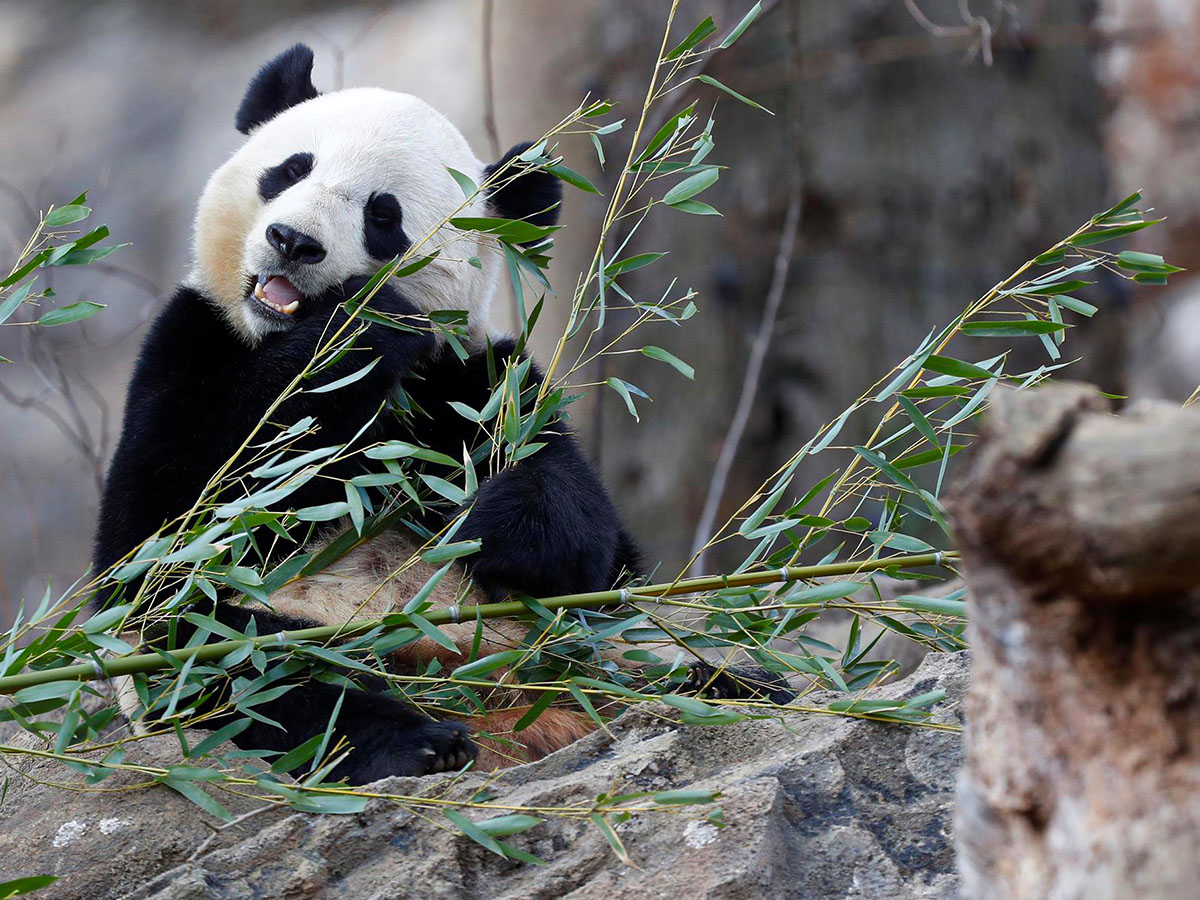
Last but not least, bamboo cultivation provides livelihoods for millions of people worldwide, especially in rural areas. By promoting this plant as a sustainable cash crop, World Bamboo Day contributes to poverty alleviation and economic empowerment.
The Importance of Bamboo to the World
Bamboo is a crucial element in the balance of oxygen and carbon dioxide in the atmosphere. A grove of bamboo releases 35% more oxygen than an equivalent stand of trees. Because of this, planting bamboo is a great way to reduce your carbon footprint and help fight global warming, the reason why it is referred to as the 'green gold' due to its remarkable beneficial properties for the environment. It grows rapidly, requires minimal water and pesticides, and can be harvested without harming the plant, as it regenerates from the root system. This makes bamboo a highly eco-friendly alternative to traditional materials like wood and plastic.

Important to mention that bamboo forests are effective carbon sinks, absorbing more carbon dioxide than many other plant species. This helps mitigate the effects of climate change and contributes to cleaner air and a healthier environment.

When it comes to its meaning, bamboo has deep cultural and spiritual significance in many societies around the world. It is often associated with strength, resilience, and flexibility, making it a symbol of adaptability and endurance.
How People Celebrate World Bamboo Day
Many organizations and communities host workshops on this day to educate people on the various uses of bamboo. These workshops may include demonstrations on bamboo crafting, construction techniques, and bamboo-based culinary experiences. Individuals and communities often participate in bamboo planting activities to contribute to reforestation efforts and raise awareness about bamboo's environmental benefits.

World Bamboo Day is also a day where art and craft exhibitions are a common way to showcase the beauty and versatility of bamboo. These exhibitions often feature sculptures, furniture, textiles, and other artistic creations made from bamboo. In case you didn't know, bamboo is not only used for construction and crafts but is also a culinary delight. Some celebrations include bamboo-themed food festivals where bamboo shoots and other bamboo-based dishes are showcased and enjoyed.

This important day is also an ideal occasion to launch or participate in environmental awareness campaigns. These campaigns may focus on the importance of bamboo in mitigating climate change and conserving biodiversity. Many communities organize bamboo plantation drives, where people come together to plant bamboo in public spaces or degraded areas, promoting reforestation and environmental conservation.
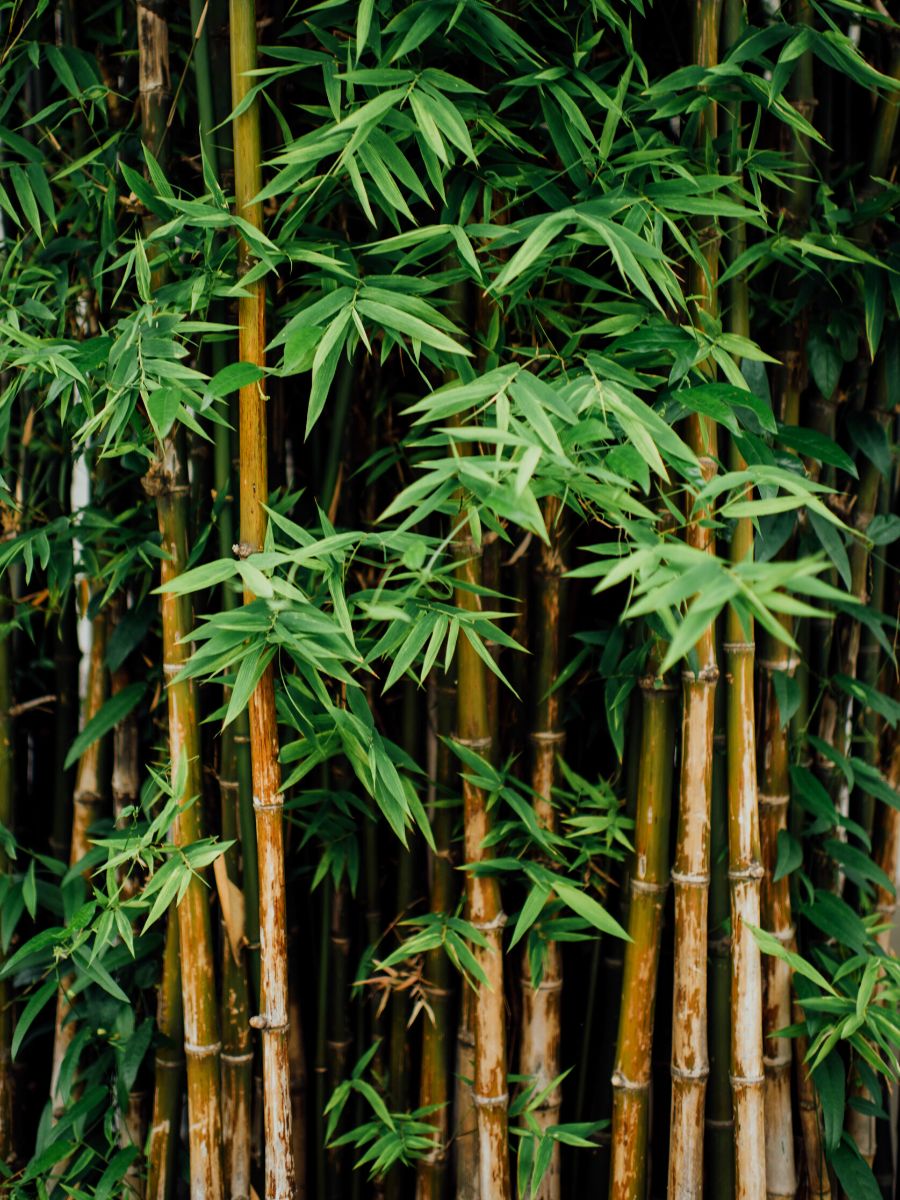
Mark your calendars for September 18th to celebrate World Bamboo Day not only this day but every day to help conserve these amazing plants all around the globe!
Feature image by @bamboo.architecture.company.

